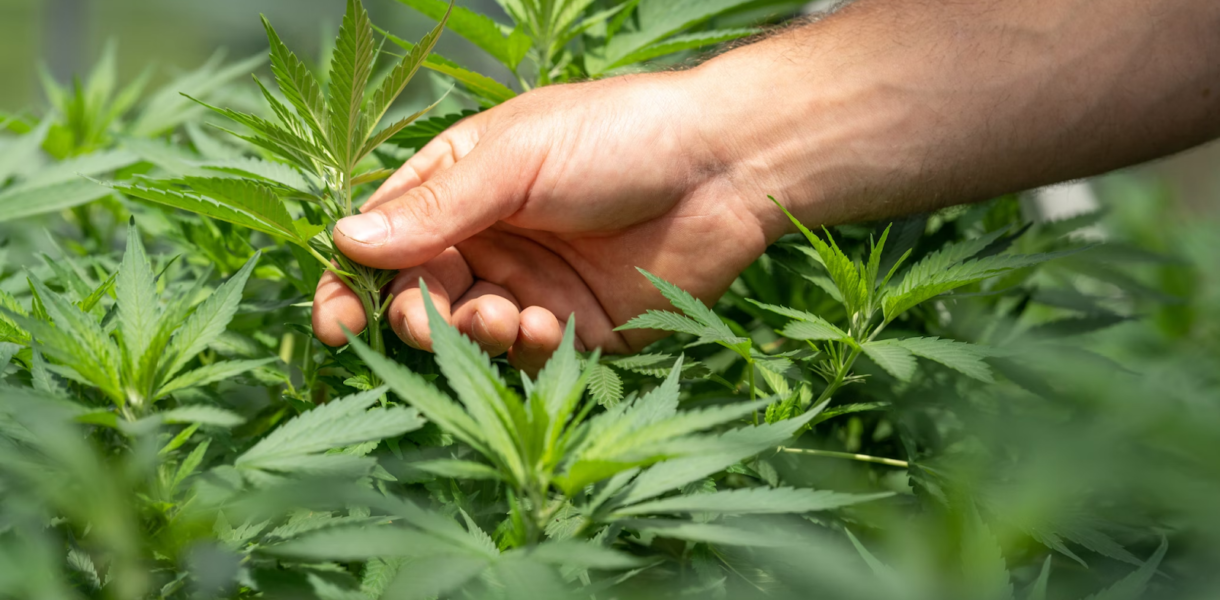The world of cannabis, often colloquially referred to as weed, has long been shrouded in both controversy and wonder. Today, with increasing legalization and growing research, the so-called ‘magical’ benefits of weed pen are becoming more recognized and appreciated. This article delves into the multifaceted effects of cannabis, highlighting its potential therapeutic, psychological, and physiological benefits.
A Brief Overview of Cannabis
Cannabis, derived from the Cannabis sativa plant, contains a plethora of chemical compounds, including cannabinoids like THC (Tetrahydrocannabinol) and CBD (Cannabidiol). These compounds interact with the body’s endocannabinoid system, influencing various physiological processes.
Therapeutic Benefits
Pain Relief:
Cannabis is widely used for its analgesic properties. It is particularly effective in managing chronic pain, neuropathic pain, and pain associated with conditions like multiple sclerosis and arthritis.
Anxiety and Stress Reduction:
CBD, a non-psychoactive component of cannabis, has been found to have anxiolytic effects. Many users report that cannabis helps in reducing anxiety and stress, promoting a sense of calm and relaxation.
Sleep Aid:
Cannabis, especially strains high in THC, is known for its sedative effects. It is often used as a sleep aid, helping individuals struggling with insomnia or sleep disturbances.
Anti-Inflammatory Properties:
Both THC and CBD have anti-inflammatory effects, which can be beneficial in treating various inflammatory conditions and boosting overall immune health.
Epilepsy and Seizure Disorders:
CBD has gained attention for its effectiveness in reducing seizures, particularly in treatment-resistant forms of epilepsy like Dravet syndrome and Lennox-Gastaut syndrome.
Psychological and Cognitive Benefits
Mood Elevation:
Cannabis is often associated with mood elevation and euphoria. THC, in particular, can induce feelings of happiness and relaxation, which can be beneficial for those dealing with depression or mood disorders.
Creativity Boost:
Some users report that cannabis enhances creativity and cognitive flexibility, possibly by increasing cerebral blood flow and stimulating parts of the brain associated with creativity.
Physiological Benefits
Appetite Stimulation:
Cannabis is known for inducing the ‘munchies’, a strong desire to eat. This can be extremely beneficial for individuals undergoing chemotherapy or those suffering from appetite loss due to medical conditions.
Neuroprotective Properties:
Research suggests that cannabinoids may have neuroprotective properties, potentially benefiting conditions like Alzheimer’s disease, Parkinson’s disease, and stroke.
Muscle Relaxant:
Cannabis acts as a muscle relaxant, which can be particularly beneficial for athletes or individuals suffering from conditions like muscle spasms and cramps.
Recreational and Social Benefits
Social Connectivity:
Many users enjoy cannabis in social settings, as it can enhance feelings of camaraderie and connectedness.
Recreational Enjoyment:
Beyond its medical applications, cannabis is widely used for recreational purposes, offering a safe and enjoyable alternative to alcohol and other recreational substances.
Conclusion
The ‘magical’ benefits of weed, spanning from therapeutic to recreational, underscore its potential as a versatile natural remedy and enjoyable substance. However, it’s important to approach cannabis use with mindfulness, acknowledging individual differences in response and being aware of legal and health considerations.
As research continues to unfold, the understanding and acceptance of cannabis’s multifaceted benefits are likely to grow, further integrating this ancient plant into modern wellness and lifestyle practices

